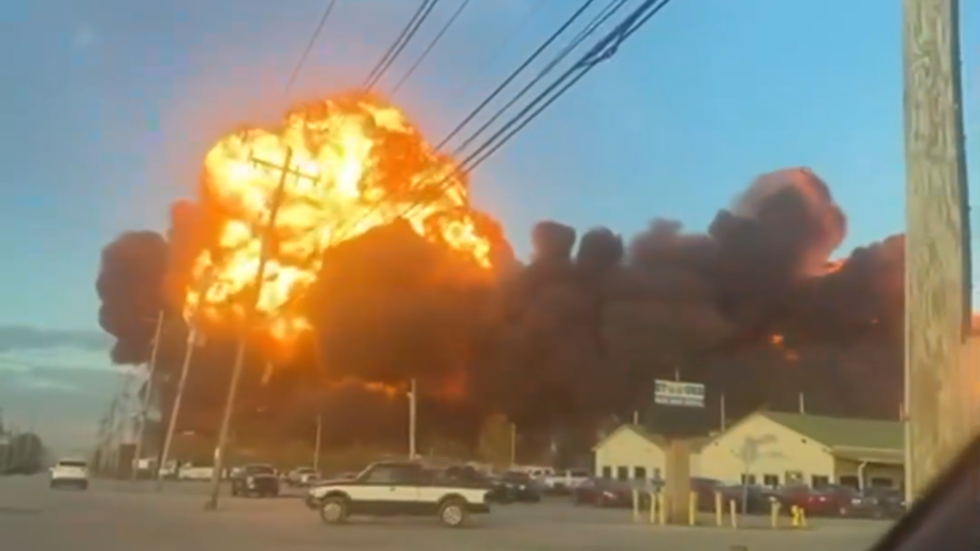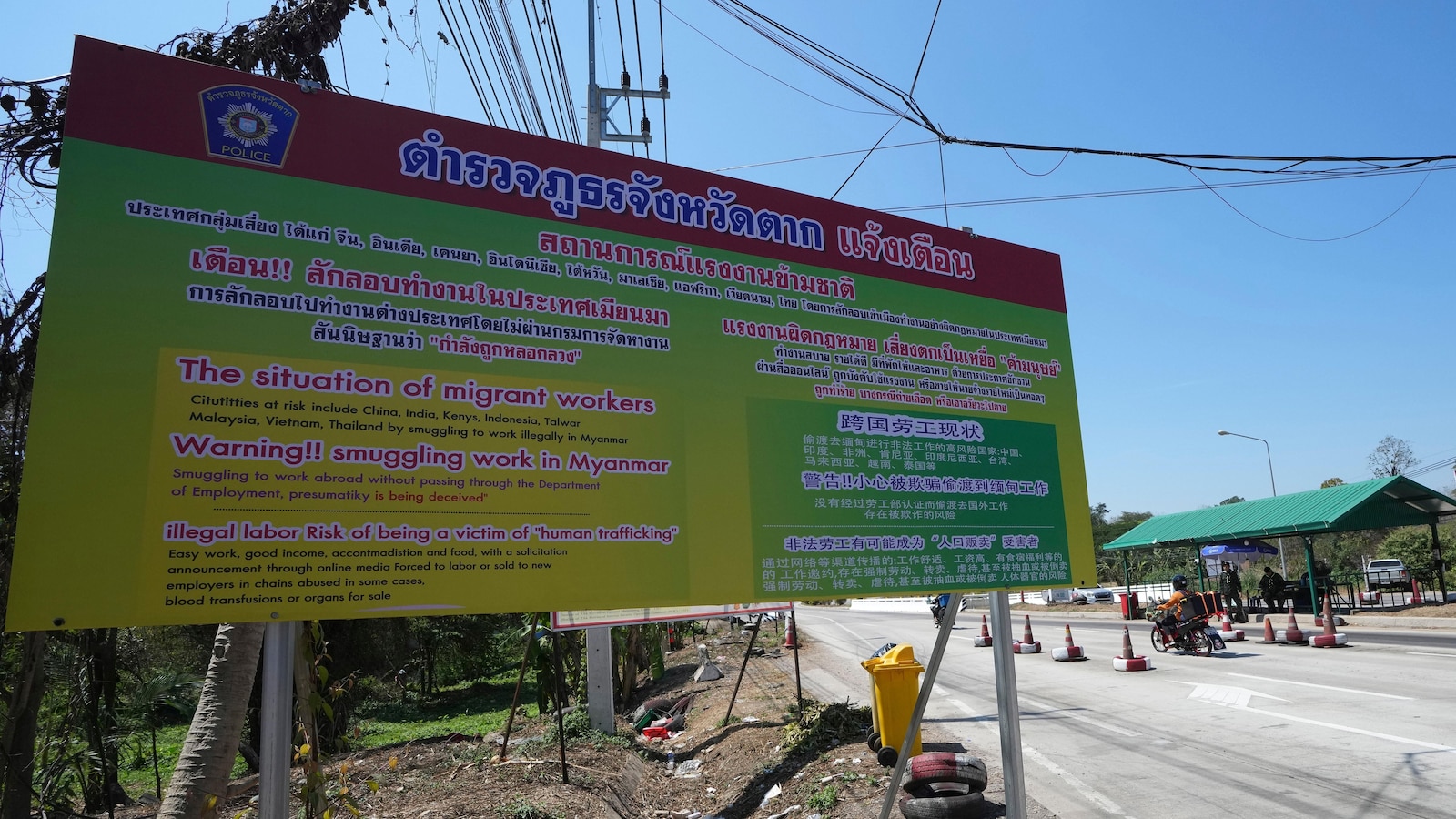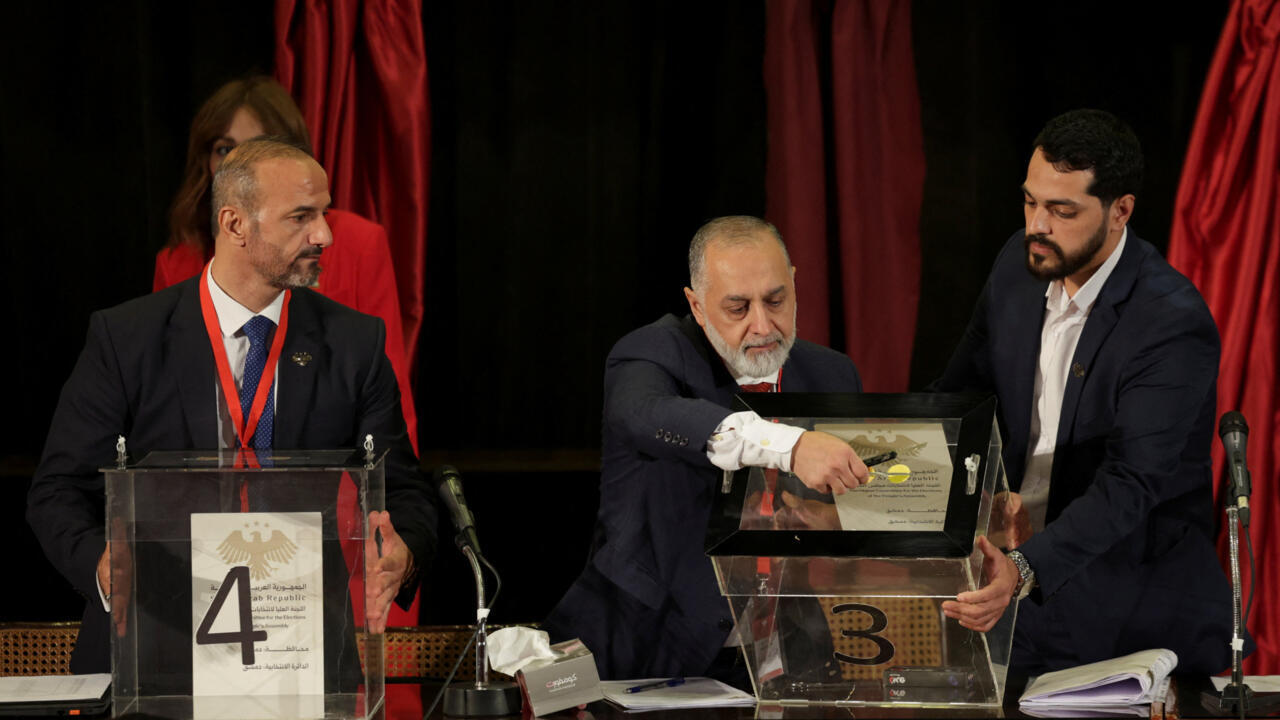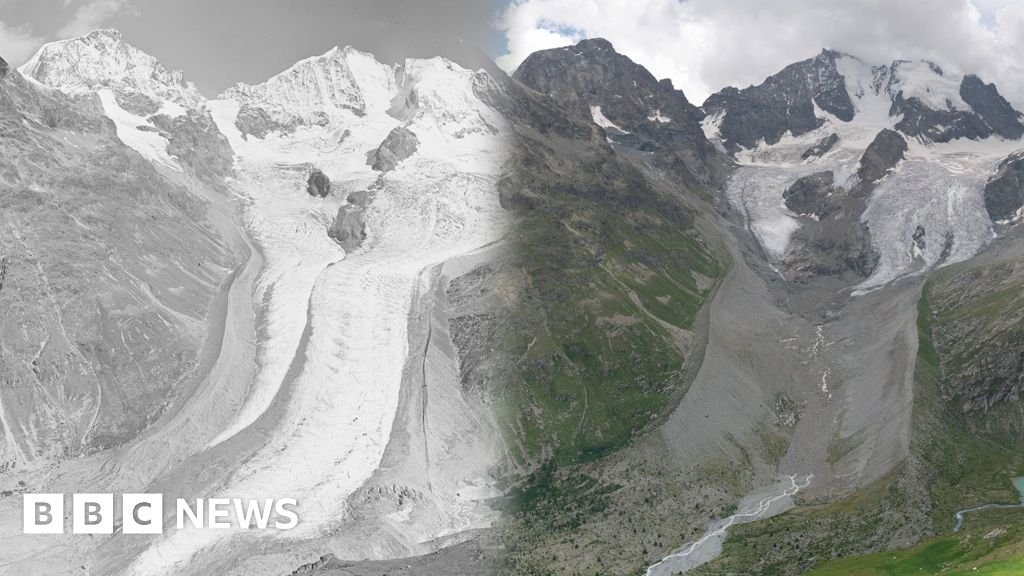The Baltic country lacks its own fighter jets, relying on NATO allies like the UK for air policing.
16:07, Tue, Sep 23, 2025 Updated: 16:13, Tue, Sep 23, 2025

United States Air Force F-35A Lightning II in flight. (Image: Getty)
Estonia is "always open" to hosting British nuclear-capable F-35A fighter jets according to Estonian Defence Minister Hanno Pevkur. Responding to the question whether Estonia is ready to host Britain's nuclear-capable aircraft, he said the Baltic country is keen on hosting allied forces.
Being one of NATO's three nuclear powers along with the US and France, the UK government plans to buy at least 12 American-made F-35A fighter jets capable of carrying nuclear weapons by the end of the year. As the US both manufactures the F-35A and controls supplies of the B61 nuclear bomb it carries, Washington would have to approve any nuclear strike.
Pevkur's comments come as three Russian MiG-31 fighter jets entered Estonian airspace over the Gulf of Finland on September 19 without permission and remained there for 12 minutes before departing. Earlier this month, a Russian drone entered Romanian airspace, and several others were shot down over Poland. There have also been reports of a suspected Russian incursion into Danish airspace, raising fresh concerns among NATO allies.

A source told The Telegraph the UK might not send the jets as they could "act as an agitator" (Image: Getty)
Pevkur warned on September 20 that Russia wants NATO members to start focusing more on their own defence to deter them from helping Ukraine.
He said: "And when we start talking about whether we should bring in more fighter jets or air defence systems, this is exactly what Russia wants — to divert our attention away from helping Ukraine, and to focus on our own backyard."
NATO allies met this morning to discuss the incident after Estonia invoked Article 4 - marking the second time this month that the alliance has met for consultations under this article, following the Russian incursion into Polish airspace on September 10. Article 4 of the NATO Treaty allows any member country to request consultations with other allies if it believes its territorial integrity, political independence, or security is threatened.
The alliance called the violation of Estonian airspace "part of a wider pattern of increasingly irresponsible Russian behaviour."
"Russia should be in no doubt: NATO and allies will employ, in accordance with international law, all necessary military and non-military tools to defend ourselves and deter all threats from all directions," the statement read.
"We will continue to respond in the manner, timing, and domain of our choosing. Our commitment to Article 5 is ironclad."
Invalid email
We use your sign-up to provide content in ways you've consented to and to improve our understanding of you. This may include adverts from us and 3rd parties based on our understanding. You can unsubscribe at any time. Read our Privacy Policy

 1 month ago
15
1 month ago
15










 English (US) ·
English (US) ·